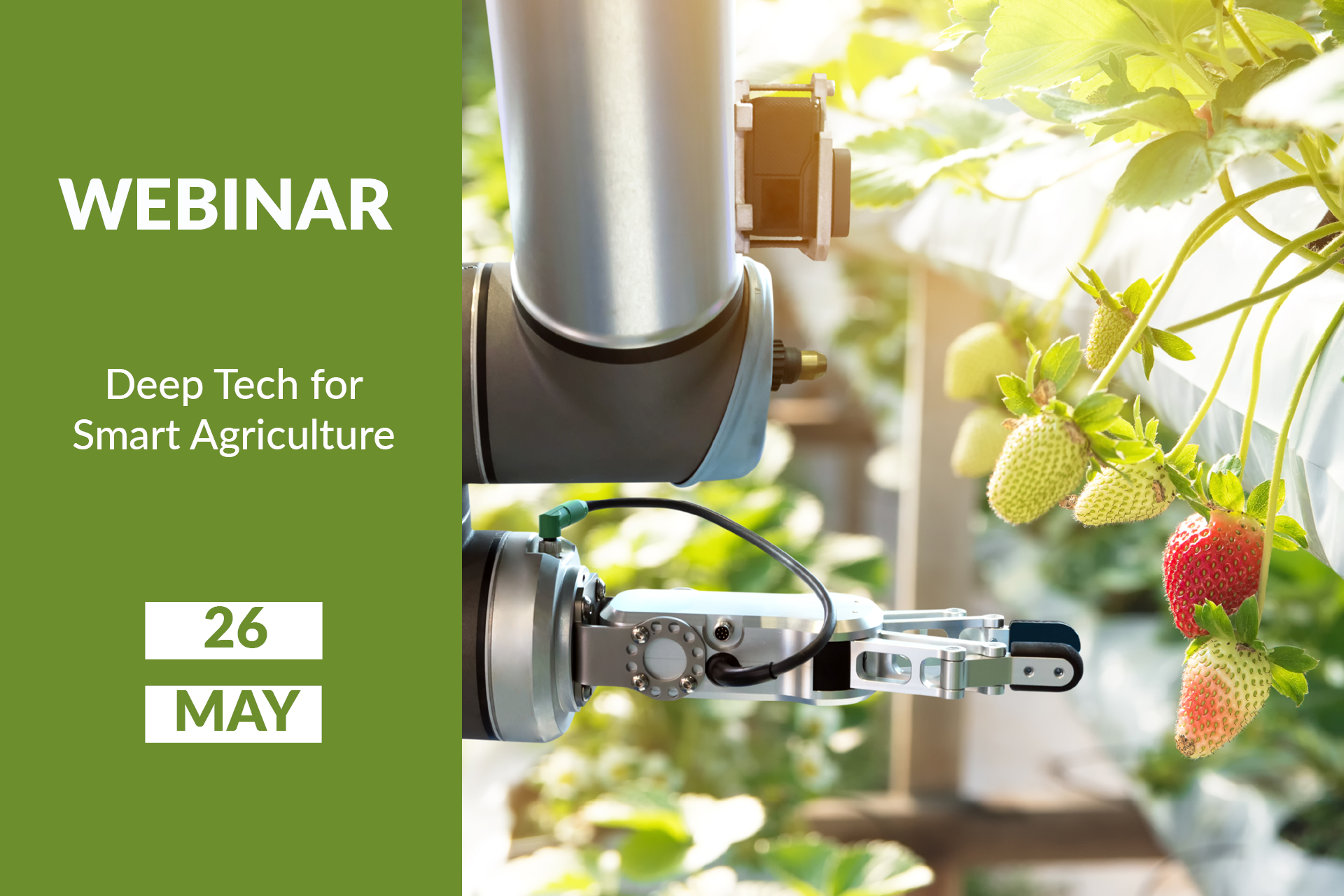
25/05/2020
WEBINAR: Deep Tech for Smart Agriculture
Nowadays we are talking about Smart Agriculture or Agriculture 4.0, which will no longer depend on applying water, fertilizers, and pesticides uniformly across entire fields. Instead, farmers will use the minimum quantities required and target very specific areas. It will be possible to grow crops in arid areas, making use of abundant and clean resources such as the sun and seawater. Other innovations – such as 3D printing of foods, cultured meat, genetic modification, and seawater agriculture – are still in the early stages, but could all be game changers in the next decade.
Farms and agricultural operations will have to be run very differently, primarily due to advancements in technology such as sensors, devices, machines, and information technology. Future agriculture will use sophisticated deep technologies such as robots, temperature and moisture sensors, aerial images, and GPS technology.
This webinar is part of the FoodPackLab project, funded by the European Commission COSME programme, whose second internationalisation phase will be launched in September 2020. It aims at fostering cross-border and cross-sectorial collaboration between clusters and business networks in the strategic field of food security. It connects groups of four different sectors (agriculture, food processing, packaging and deep technology) and five European countries (Belgium, Denmark, France, Italy and Spain) to help European SMEs access new global value chains and ensure their position as innovation leaders in specific industries in selected third countries (India and South Africa).
Our consortium coordinator secpho will host this webinar to provide you with some insights about the latest advances of deep tech for smart agriculture, as these advanced photonic devices, precision agriculture, AI and robotic systems will allow farms to be more profitable, efficient, safe, and environmentally friendly and to offer better quality.
This free webinar is going to be held in English and the target audience is:
– companies, R&D centres and research groups from the agriculture and photonics sector
Agenda
12:00 Welcome and webinar introduction
Sabine Runge | secpho
12:05 IoT and Robotics Solutions for Smart Agriculture
Deitze Otaduy, Agri-Food Coordinator | Tekniker
12:20 Photonics-based turnkey solutions for Smart Agriculture and food industry
Joan Puig | IRIS Technology Group
12:35 Sustainable livestock production
Heiner Lehr | Faromatics
12:50 New applications of deep tech in the era of agriculture 4.0
Edgar Llop | AINIA
13:05 Horticulture lighting: product design, simulation and characterization
Teresa Molina | CandelTEC
13:20 Artificial intelligence techniques for the agro-food sector
Andrés Navarro, CTO | NUAVIS Technology
13:35 Photonics to improve farming
David Castrillo | Hamamatsu
13:50 Sensing methodologies and algorithms associated with smart agriculture and phenotyping
Victor Alchanatis | Agricultural Research Organizatin (ARO) Volcani Center
14:00 Soil and plant spectroscopy for precision agriculture
Tarin Paz-Kagan | Agricultural Research Organizatin (ARO) Volcani Center
14:15 Understanding cows - from within
Mario Fallast, Co-Founder | smaXtec
14:30 End of the webinar
Registration:
Please sign up here: http://www.secpho.org/en/actoagenda/deep-tech-for-smart-agriculture/
Technical requirements to attend the webinar
We will use the Cisco Webex platform that is compatible with Windows, Mac and Linux. You can use browsers such as Internet Explorer, Firefox, Chrome or Safari. You can also attend the webinar through mobile devices using the free Webex apps for iOS and Android.
Access to presentations
The presentations will be recorded and published on secpho’s Youtube Channel.
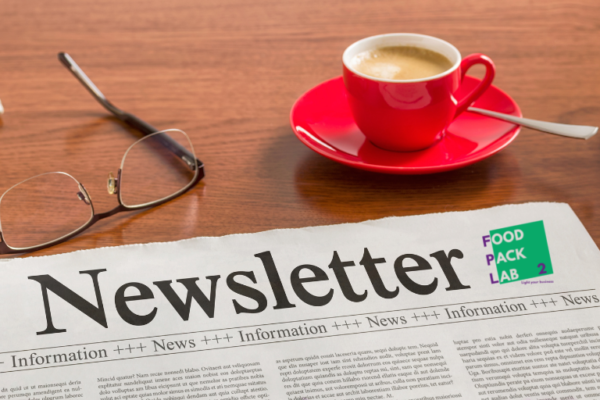
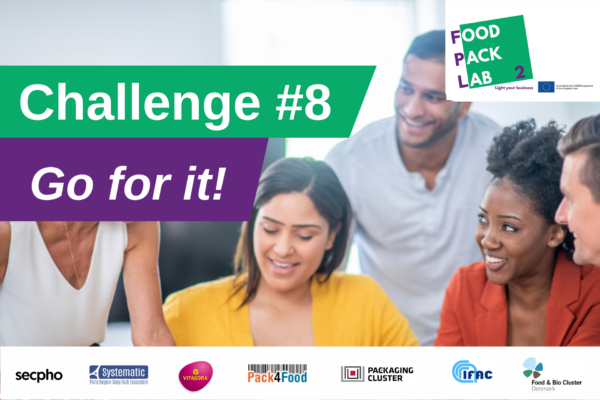
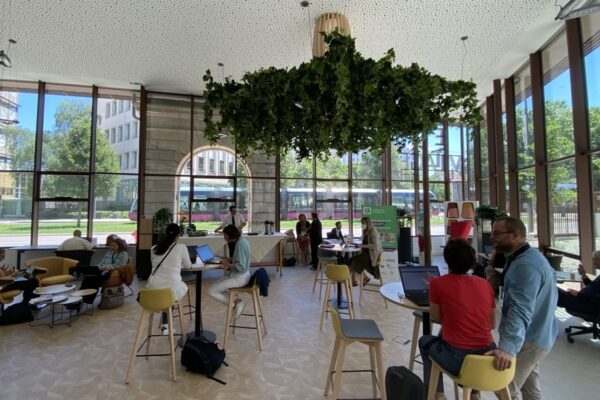
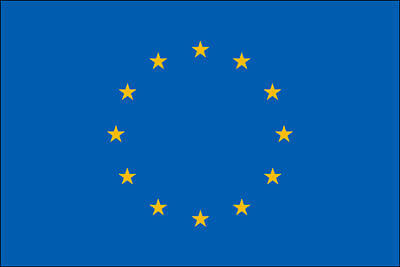 This website was funded by the European Union’s COSME Programme (2014-2020)
This website was funded by the European Union’s COSME Programme (2014-2020)